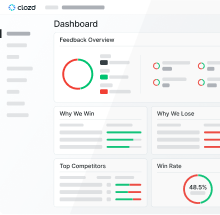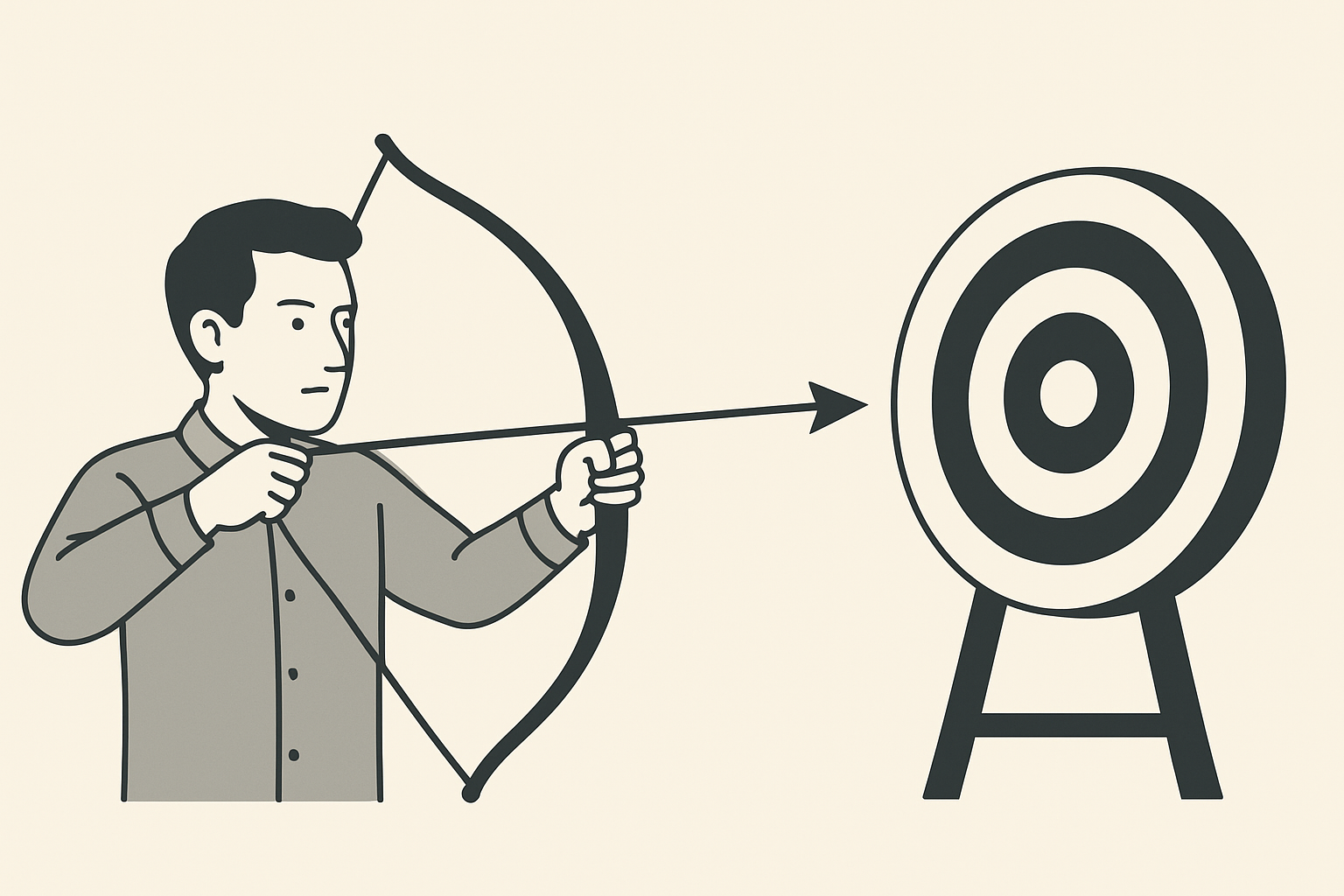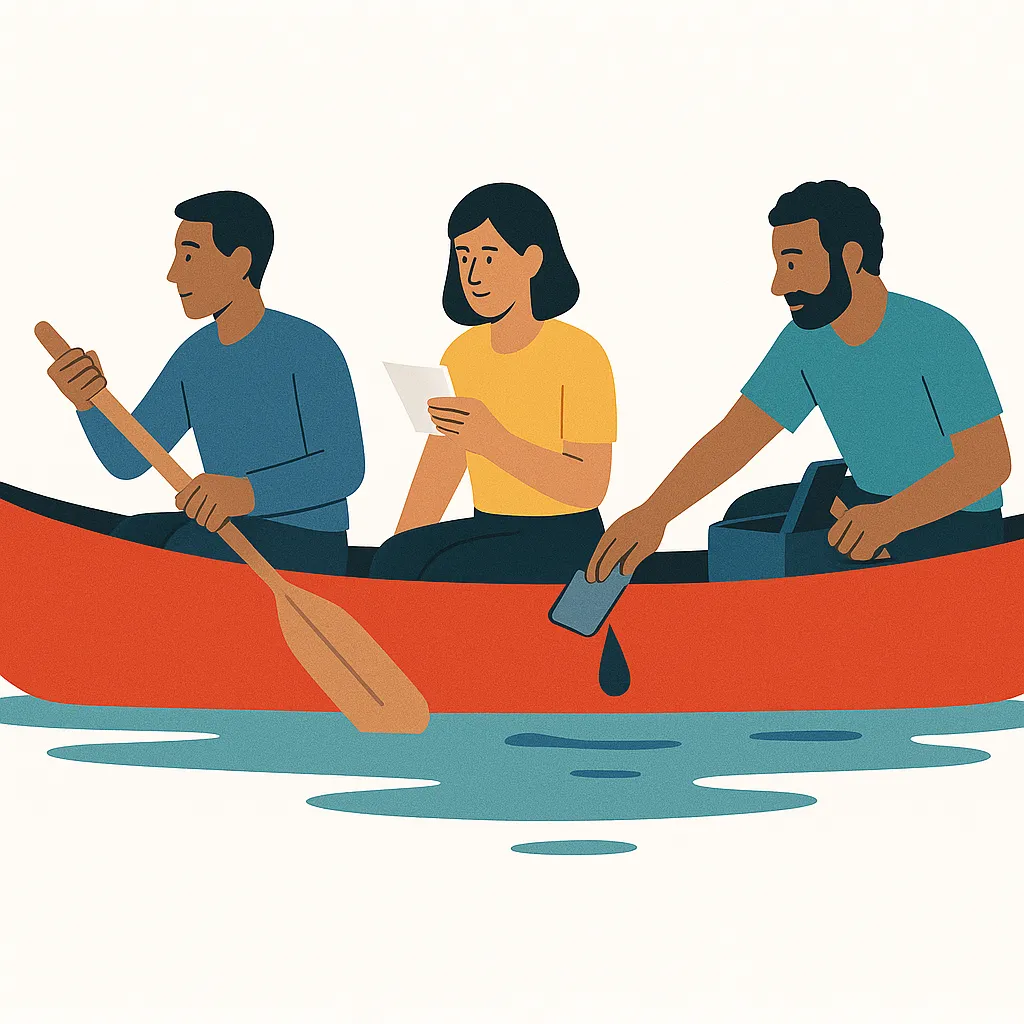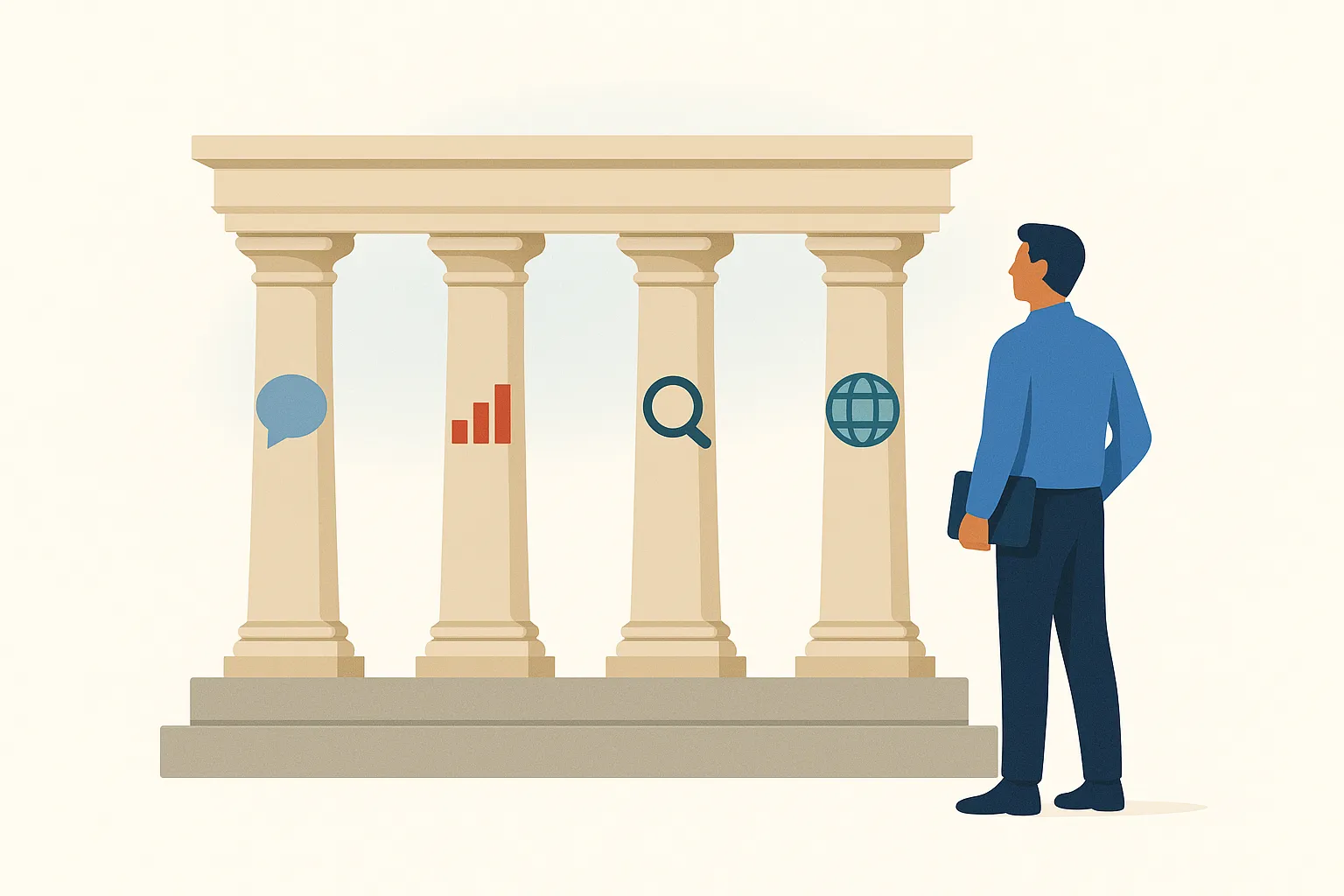Capturing the data Datacor’s RevOps team needs
For Paul Stevens, it started with a question: Why are we losing so many customers?
As Datacor’s director of revenue operations, Paul leads a small team that’s tasked with a wide-ranging and heavy load of responsibilities—for Datacor as well as a handful of other portfolio companies.
In this specific case, Datacor began a pricing exercise with one of its portfolio companies and engaged with Clozd to understand the impact of pricing on customer retention. This seemed to correlate with a drop in customer retention, but he needed to find out for sure. So he partnered with Clozd to do a series of win-loss interviews.
“We wanted to investigate whether those losses were because they’d truly found a better product or because we’d really upset them with this price increase,” Paul said. “So the initial scope was just trying to get better data than a sales guy always telling us that he’s losing on price. By actually hearing from our customers, we were able to get a far better view of the reasons they didn’t renew.”
And what did they find? While price certainly played a part, it was far from the only reason their clients were choosing to leave. Happy with those initial findings—and the streamlined simplicity of Clozd’s methodology—Paul opted to do more interviews.
“Because Clozd was so easy to work with and we really liked the program, we decided to keep going—and since then we’ve expanded our program to several of our other companies, where we’re doing the same exercises,” he said.
Making the jump and partnering with Clozd
Paul is often spread thin in his role, so he relies on win-loss analysis to get him the data he needs to do his job.
“From a RevOps perspective, I sit over everybody and have a team of two people, so there’s a lot of deals in flight—anywhere from hundreds of thousands of dollars to a $500 asset-tracking sale,” he said. “So lots of different shapes and sizes, and my team and my boss—who’s the CRO—we can’t be everywhere at once. So we knew we needed better intelligence as to why we’re winning and why we’re losing as we’re slowly bringing these portfolio companies into one big sales org. So we started looking around.”
To his surprise, Paul landed on Clozd.
At a previous company, he’d worked with Primary Intelligence, another win-loss provider that has since been acquired by Corporate Visions and rebranded as TruVoice.
"Honestly, we didn’t think we were going to buy Clozd when we started looking,” Paul said. “We used Primary Intelligence before and really liked them, and we started this evaluation thinking that we were going to go with them. But I picked two other options—because I wouldn’t be doing my job if I didn’t—and Clozd was the only company that looked like it was in the 21st century. Everybody else was really old school, whereas Clozd provides a dynamic platform, real-time reporting, and just a much more holistic and valuable offering.”
Because of its depth and objectivity, Clozd’s win-loss data delivers significant value beyond the CRM data provided by his sales team. In his experience, sellers tend to focus more on the price than on the product or relationship.
“When we have a very specific thing we’re going after—like ‘Did we raise our prices too much?’—that’s something where the sellers are always going to say yes. The price is always too high. We can’t discount enough. With Clozd, we’re coming in with specific questions about a wider variety of factors. It’s more of an initiative to find out if the operational things we’re putting in place at the highest level are working or not, and how they’re affecting sales execution.”
Using win-loss interviews, Paul can dig into the real reasons his buyers made their final decision—which sometimes includes, but is certainly not limited to, the price. In this way, the win-loss data helps him develop a complete picture of what matters most to his buyers.
“I think I could do an ok job with the data we pull from Salesforce, but it’s not the same,” he said. “The closed-lost reporting we have in our CRM is just one data point that the seller selects, while Clozd is much more objective and holistic—we get 10 data points about what we did well, where we can improve, and more. It’s just a bigger and healthier source of data for us.”
Using customer feedback to foster a culture of improvement
Paul sees great value in giving his customers a voice—and then being able to share that unbiased feedback with key stakeholders throughout Datacor’s organization.
“Clozd did one interview a few weeks ago where they were comparing our CRM product with our competitors’, and I fired it over to our head of product and said, ‘Hey, you’ve got to listen to this, man, because I’ve never heard this level of detail before.’ It was like inventing fire. He thought it was the coolest thing ever to hear what our customers were saying—even though it was critical of our product.”
That type of critical feedback can be enormously beneficial—as long as your team has a growth mindset.
This hasn’t always been the case at Datacor and its subsidiaries.
Paul recently migrated each company’s Salesforce instances into one. Prior to that, he said, Datacor’s win rate—as documented in their CRM—hovered around 99 percent.
“They only put in stuff they knew they were going to win,” he said. “So even getting to a point where we’re talking about losses has been a mentality shift. Like, it’s ok to lose, and it’s ok to mark something as lost as long as we can learn something from it that’s going to inform our product or processes moving forward. Good things can come from our losses if we’re honest with ourselves and we capture some insights that help us improve.”











.svg)











.svg)

.svg)




